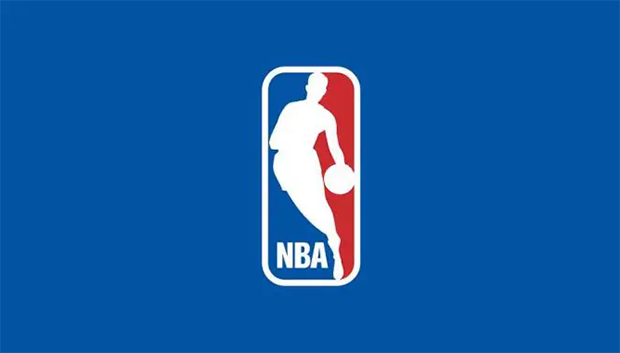There have been several buzzwords/terms that have cropped up in the NBA Offseason. Things like “pick swaps” and “renounce” have been used quite a bit in 2019 but nothing has been used more than “empowerment”.
You can’t have a conversation with anyone, especially non-NBA fans, without the word coming up. But, just like with a lot of buzzwords, it’s starting to lose all it’s meaning.
Kawhi Leonard, Kyrie Irving, and Kevin Durant were universally accepted at the top free agents in the offseason. All three chose a different destination with two of them picking the same team (Durant and Irving chose Brooklyn). That’s not empowerment. Free agency is a collectively bargained tool that benefits both sides. Sure, the players have the final say but the salary cap provides a certain level of control by the NBA Governors. A player can’t simply go where he wants to go.
For the NBA teams, free agency has helped balanced out the league. For all the talk of “super teams” (another misused term), free agency has served teams just as well as players. It’s also not the end all of end alls. When LeBron James made his return to Cleveland, the two secondary pieces came via the draft (Irving) and trade (Kevin Love). Free agency wasn’t the key to Cleveland getting their first time in forever.
The Golden State Warriors main pieces were also via the NBA Draft. Steph Curry, Klay Thompson, and Draymond Green were all selected in the draft and won a title prior to Kevin Durant’s arrival. There wasn’t a speck of “empowerment” in building that team for success.
Even in the cases of Anthony Davis and Paul George, the teams trading them benefited equal, if not more, from the players wanting to go to a specific destination. Davis and George being under contract actually helped both the New Orleans Pelicans and Oklahoma City Thunder. In an act of immaturity, then Pelicans GM Dell Demps, decided it was more important to embarrass the Los Angeles Lakers than use his leverage. David Griffin didn’t make the same mistake. In what was a no-brainer, Griffin used Davis’ desire to play with the Lakers to get an incredible package from Los Angeles.
The same was done in Oklahoma City when George indicated the desire to go to the Clippers. Instead of having an emotional hissy-fit, Sam Presti used the trade of George of set the foundation for the next iteration of the Thunder.
If you can’t see how both the Pelicans and Thunder won out from the trade demands then you’re blind. So, yes, the players got what they want but so did the teams. Is that the definition of ‘player empowerment” or is that just good business? Because, at the end of the day, neither the Pelicans or Thunder had to make a trade at all. It was good for business that they made the move so the “empowerment” rhetoric is being overplayed.
Where the players have made strides has been more community oriented than anything else. The NBA players have an incredible platform that is used for community and social causes. It wasn’t that long ago, when Mahmoud Abdul-Rauf was blackballed by former NBA Commissioner David Stern, for praying during the National Anthem.
The NBA has a rule that players must stand for the National Anthem. The rule wasn’t put in for patriotic reasons though. The rule was put in to ensure that the players weren’t stretching and shooting during the anthem. In what was a brilliant move by the NBA, instead of lying about why the rule was in place, they chose to remind teams that the rule is on the books but also provided several options that the players could use to express themselves.
The NBA players aren’t “empowered” they’re inclusive. It isn’t a secret that the NBA sees all it’s entities as business partners in a global economy. Unlike the NFL and their fan base, the draconian, fake patriotic act doesn’t work with the NBA. The players are too smart. The NBA fan base wants no part of the NFL’s antiquated plantation mentality. Plus, more than ever, it’s bad for NBA business to be the NFL.
Viewing the players as being empowered is too simplistic and often incorrect way of looking at the NBA players. They should be looked at as what they are, business partners.

